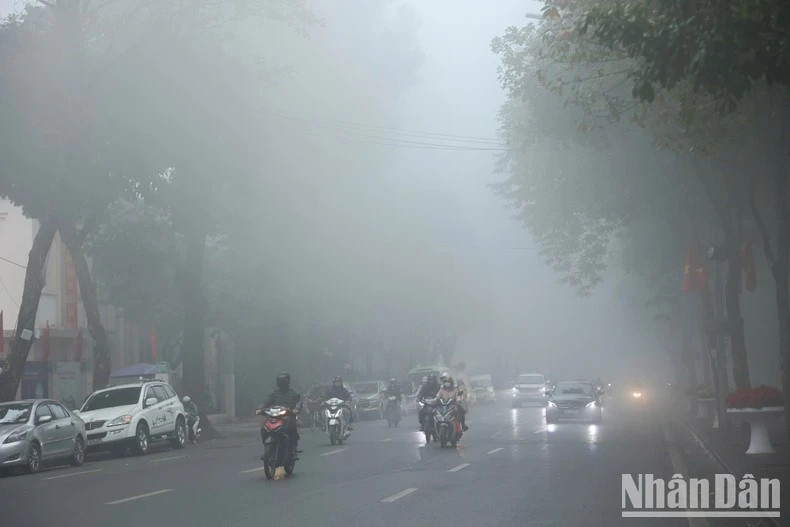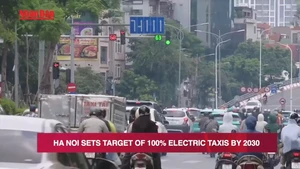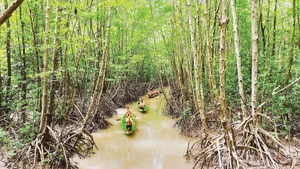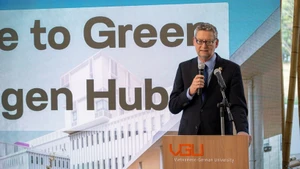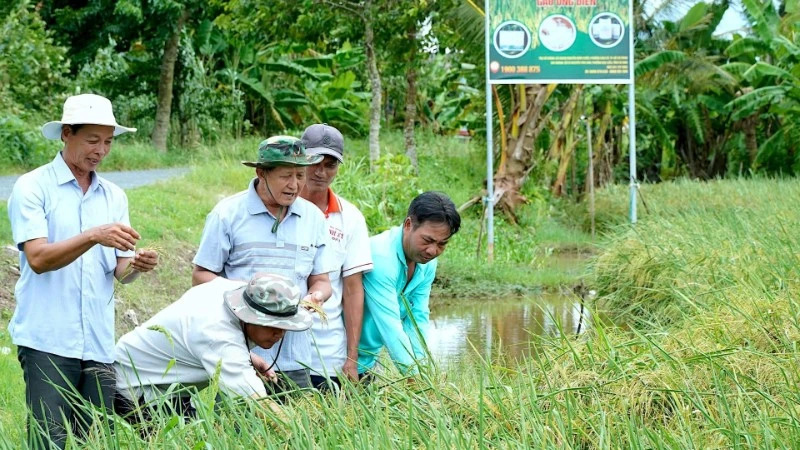This index aims to assess local environmental management, ecosystem and climate protection, and public satisfaction with environmental quality. Evaluations are to be conducted annually.
Vietnam’s economic and social development has placed significant pressure on the environment, ecosystems, and biodiversity. Urban air pollution, industrial waste, and plastic waste have become alarming issues. Millions of tonnes of domestic and industrial waste, including hazardous materials, are generated yearly, with much of it being improperly managed. Landfills remain the primary disposal method, many of which have been failing to meet sanitation standards.
Natural ecosystems continue to shrink and degrade, posing challenges to sustainable development. Acknowledging these threats, the government has implemented policies and regulations to mitigate environmental issues.
As a result, pollution levels in some areas have shown signs of slowing. Experts hope that the new evaluation index will enhance local environmental governance and reinforce the principle of sustainable development without compromising environmental integrity.
To ensure transparency, the Ministry of Natural Resources and Environment will issue guidelines on key indicators such as urban wastewater treatment coverage, household waste sorting, and industrial wastewater management. Public satisfaction with environmental quality will also be a critical factor.
Provinces and cities are urged to invest in environmental protection, improve waste management, and monitor high-risk industries. Businesses, especially factories and craft villages, are encouraged to adopt eco-friendly technologies such as waste recycling and low-carbon solutions.
Experts have emphasised the need for objective and rigorous assessments to prevent superficial or biased evaluations. Active public participation in monitoring will enhance accountability and encourage stronger environmental efforts across all sectors.
